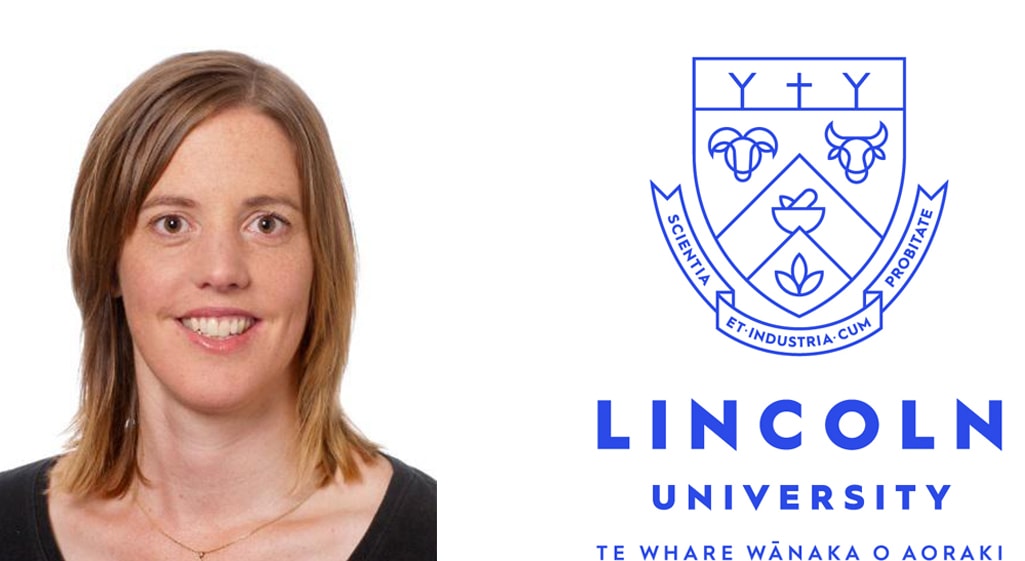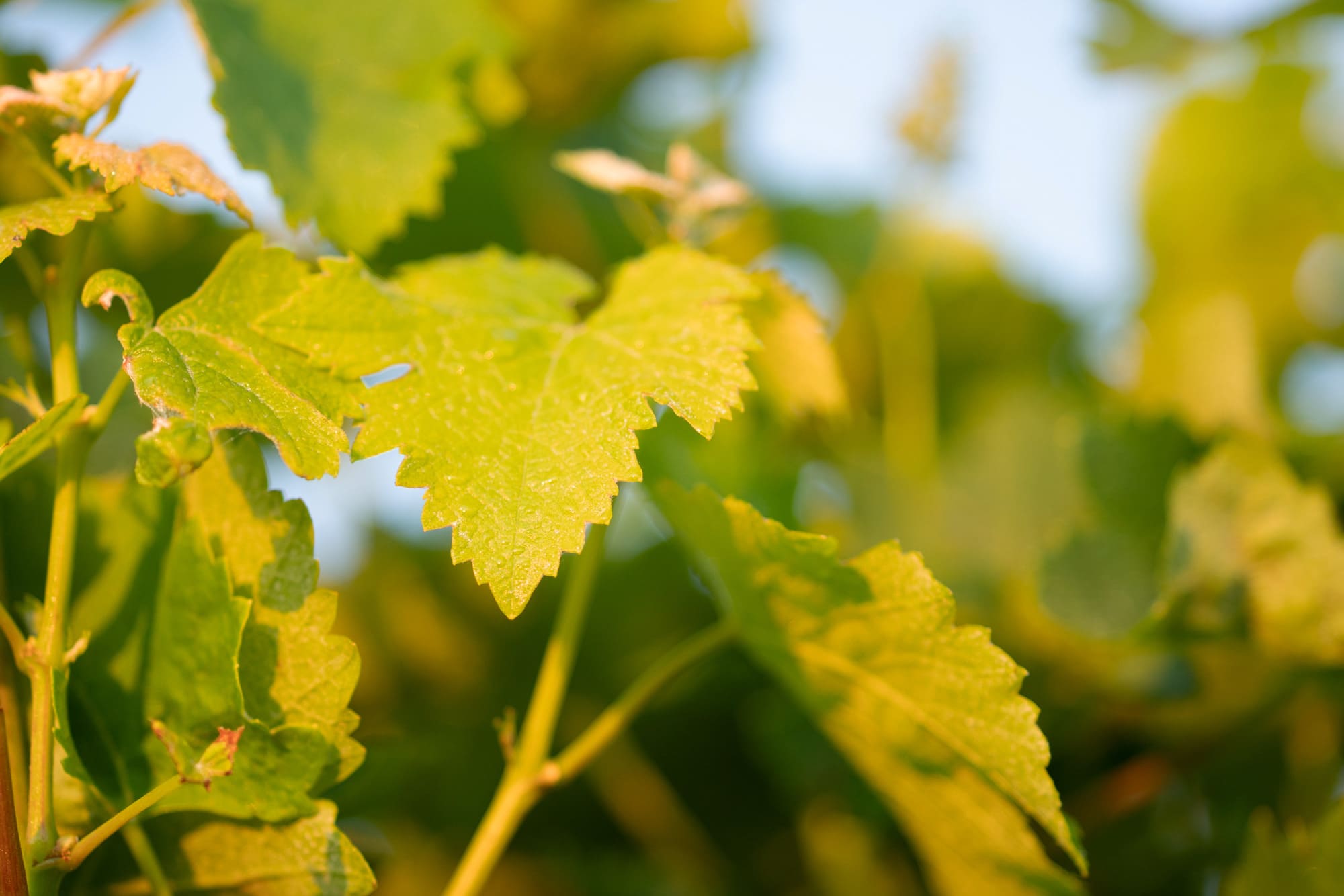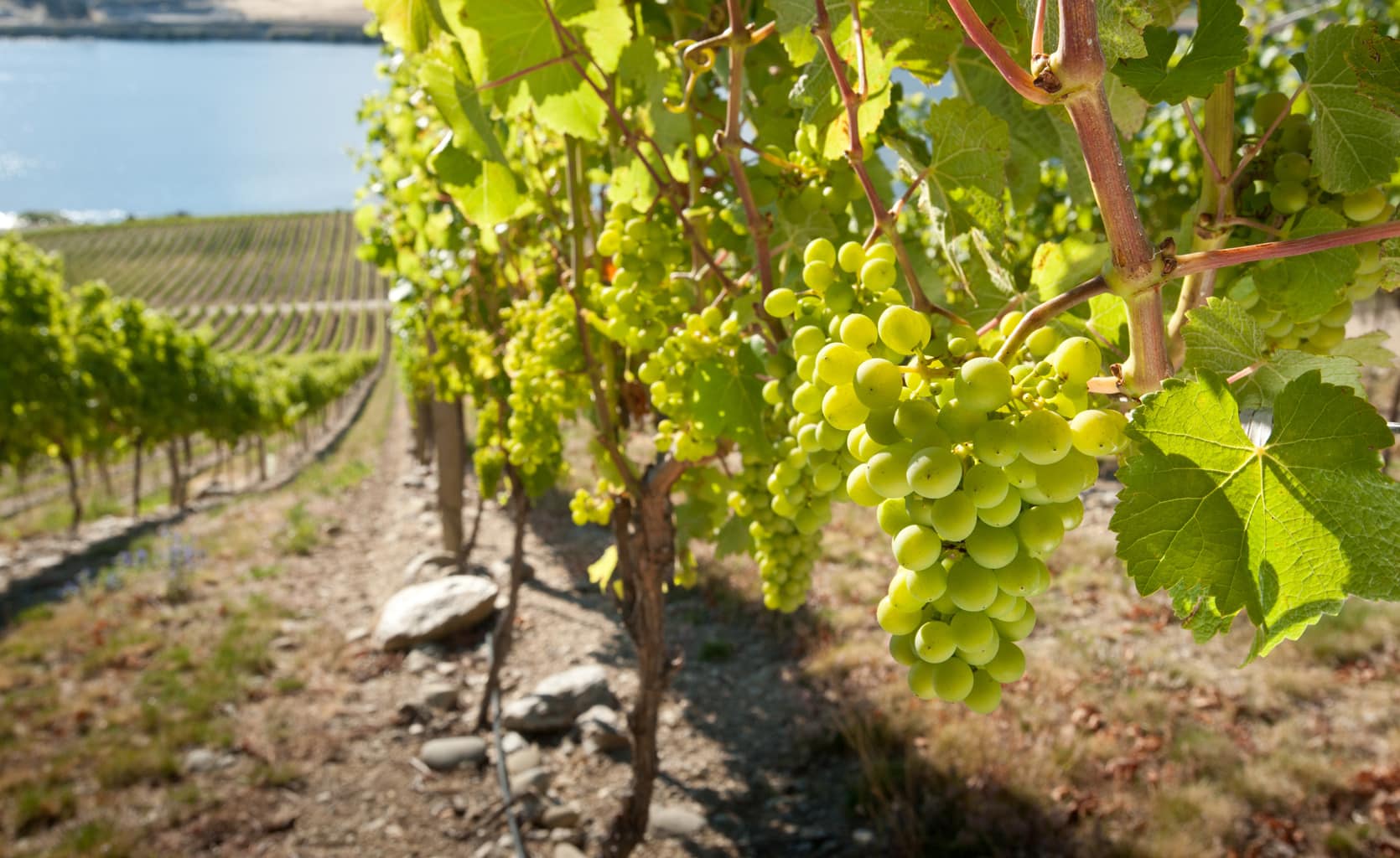To guarantee that winegrowers and producers have the knowledge necessary to maintain the superior quality of their wines in the face of a changing world, it is important to address the problems posed by climate change. As global temperatures continue to increase, it is critical to investigate how climate change affects the quality and composition of wines produced in New Zealand’s regional winegrowing zones. The study focuses on two important aspects of the wine ecosystem: vines and microbial populations.
The project’s comprehensive three-objective strategy aims to shed an understanding of the delicate interactions between temperature changes, vine physiology, and microbial ecosystems. The first objective is to measure the response of vines and related microbial populations to rising temperatures. The intention is to explore the impacts of temperature variations on these components using a controlled potted vine system, offering useful insights into future vineyard modifications.
Using this information as a foundation, the second objective is to understand how microbial populations influence fruit growth, composition, and, eventually, wine qualities. The interactions between these microbial populations and grape berries are critical in generating the distinctive qualities of wines from different regions.
The third goal of the research also becomes relevant as it moves forward: creating efficient adaptation measures to protect the wine types that consumers like. This research seeks to create strategies to protect the legacy and quality of regional wines by recognizing possible changes in wine qualities induced by shifts in microbial ecosystems because of climate change.
The research will not only contribute to scientific understanding but also have practical implications for the wine industry. By addressing the challenges posed by climate change, the aim is to equip winegrowers and producers with the knowledge needed to ensure the continued excellence of their wines in the face of a changing world.
















